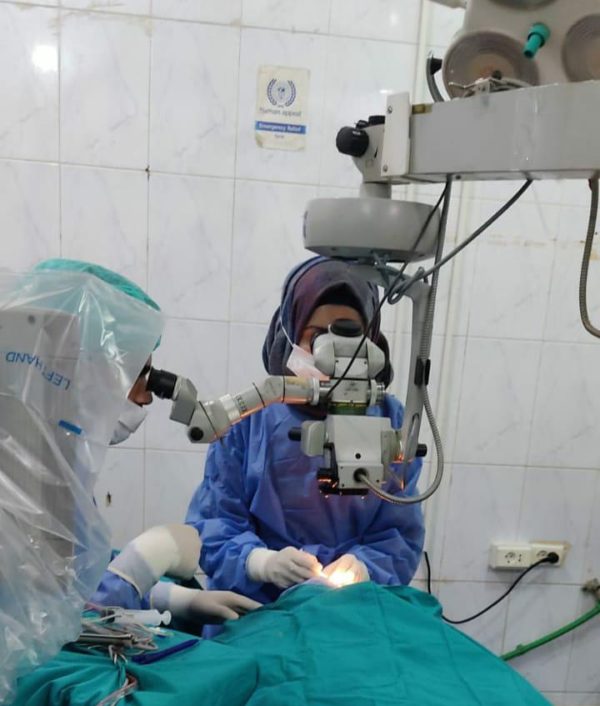Ophthalmology is a medical specialty dedicated to the diagnosis, treatment, and management of eye disorders, ranging from common visual impairments to complex surgical interventions. It plays a crucial role in preserving and enhancing the vision of patients of all ages, using both medical and surgical techniques.
Scope of Ophthalmology
Core Services

The Scientific Council for Ophthalmology at SBOMS plays a pivotal role in overseeing and ensuring the quality of the training and certification process. Their responsibilities include:
Curriculum Development: Designing and updating the ophthalmology training curriculum to meet international standards and address the needs of the local healthcare system.
Training Oversight: Monitoring the residency training programs to ensure they are providing comprehensive and effective education to the residents.
Examinations and Certification: Organizing and supervising the certification examinations for residents completing their training in ophthalmology.
Faculty Development: Supporting and developing the faculty involved in residency training to maintain high standards of teaching and mentorship.
Quality Assurance: Ensuring that training centers meet the necessary standards for providing clinical training, including facilities, equipment, and educational resources.
We are open on Saturday- Thursday at 09am -3pm, except on holidays.
Eye diseases and its surgery office
Mr. Mahmood gazar